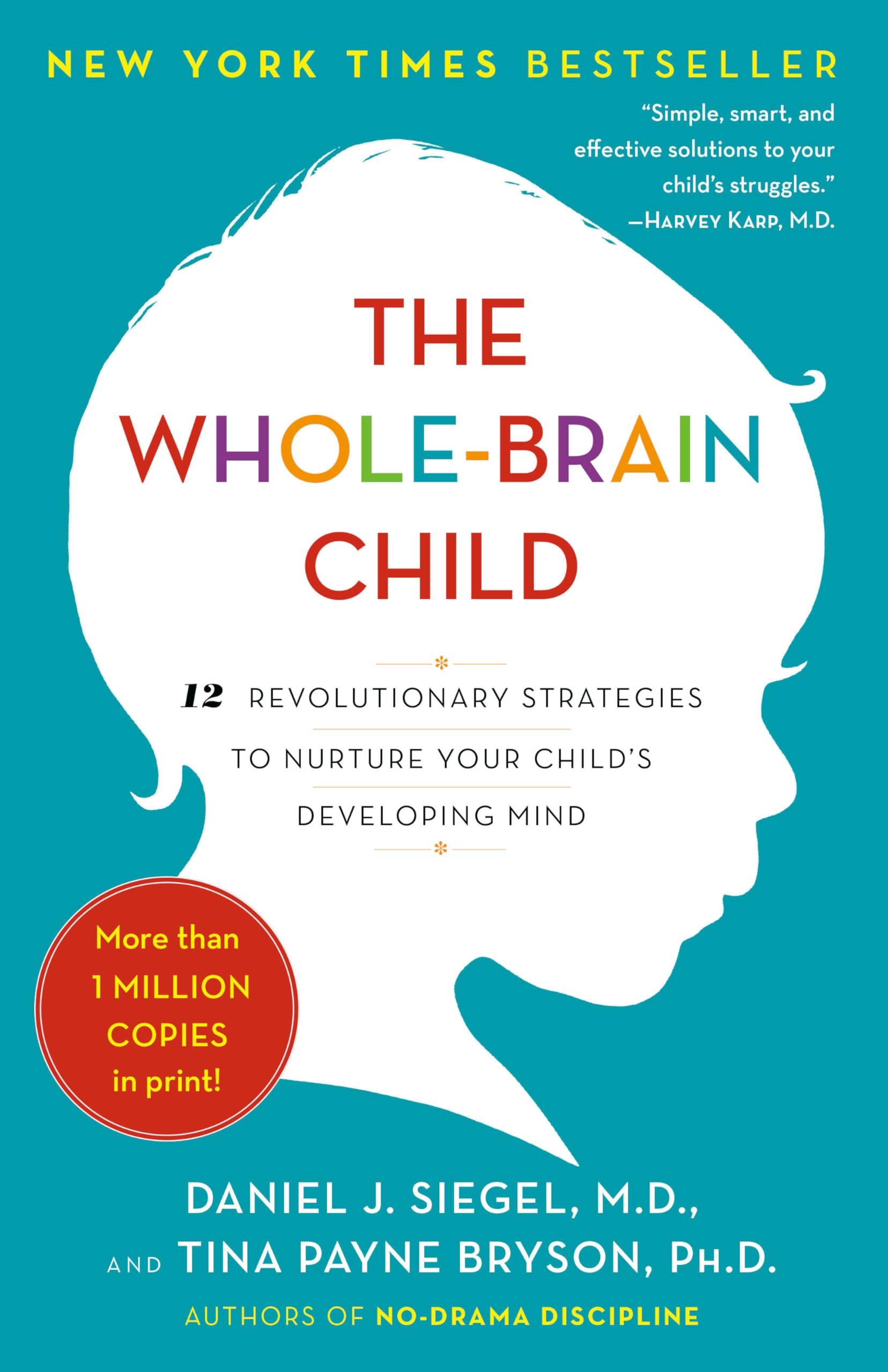book recommendations
1. the body keeps the score: brain, mind, and body in the healing of trauma
“As long as you keep secrets and suppress information, you are fundamentally at war with yourself…The critical issue is allowing yourself to know what you know. That takes an enormous amount of courage.”
2. healing the wounded heart: the heartache of sexual abuse and the hope of transformation
“Hope refuses to believe that the inevitable is so. What has always been and can’t change is an illusion; if anything is true, it is that change is inevitable, not that the inevitable will not change. But evil caustically replies, Nonsense. It is what it is. You will only be more discouraged and frustrated until you accept reality.”
3. try softer: a fresh approach to move us out of anxiety, stress, and survival mode and into a life of connection and joy
“This is why the ability to think about personal growth, people issues, and relationships as a process matters a great deal. When people begin to understand that change happens in layers – and is rarely linear – it’s as if someone took a grueling weight off them. They stand a bit straighter. Often they become a touch kinder to themselves and others. It’s as if someone put a balm on their souls and gave them this message: “It takes as long as it takes. It’s okay to be unfinished. It’s absolutely normal to be imperfect. It doesn’t mean you’re doing anything wrong.”
4. How we Love: Discover your love style, enhance your marriage
“We are not born knowing how to understand and express what is inside our souls. That kind of knowing ourselves requires contemplation and reflection. We have to learn to notice and be aware of our internal experiences, to search our hearts and find words for what is inside us. Being fully known and understood requires that we say aloud to someone else what is going on within our souls.”
5. The great Sex rescue: the lies you’ve been taught and how to recover what god intended
“You cannot embrace passionate vulnerability if you cannot trust your spouse. You cannot be vulnerable if you cannot be yourself (and you cannot be yourself if you’re motivated by fear of your spouse having an affair or losing their love for you). You cannot be vulnerable if you’re full of shame for your past. You cannot be vulnerable if trust has been broken and hasn’t been rebuilt.”
6. the whole-brain child: 12 revolutionary strategies to nurture your child’s developing mind, survive everyday parenting struggles, and help your family thrive
“As children develop, their brains "mirror" their parent's brain. In other words, the parent's own growth and development, or lack of those, impact the child's brain. As parents become more aware and emotionally healthy, their children reap the rewards and move toward health as well.”
7. Scattered minds: the origins and healing of attention deficit disorder
“Like so much else about attention deficit disorder, hyperactivity, lethargy and shame are closely connected with the neurological memories of the distant, stressed, or distracted caregiver. There will be a sense of discomfort as soon as the mind becomes aware of itself, because such awareness immediately triggers responses encoded with the infant’s distress at feeling emotionally alone. The mind then lapses into helpless lethargy, or races away, looking for something to attach to: some idea, some fantasy, some memory, conversation, music, reading - anything. When it cannot do so, there is intense unease - or the aversion to one’s own mind, which we call boredom.”
8. Seen: healing despair and anxiety in kids and teens through the power of connection
“Research on attachment and neuroplasticity confirms that our brains are wired to respond to love and empathy, even when we’re in despair. When we connect with another person, or when someone empathizes with us and helps us feel seen, the two sides of the brain begin to heal.”
9. The gift of rejection: Harness your pain to propel your purpose
“When you are dealing with a person who simply views you as a means to an end—their own self-aggrandizement—you can check all their boxes and still get rejected. If you secure your identity to another person’s approval or opinion of you, you will find yourself battling insecurity, because people’s approval often changes like the currents of the ocean. Why? People often approve of others based on self-interest.”








